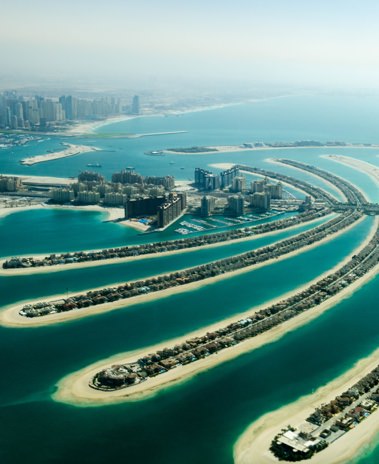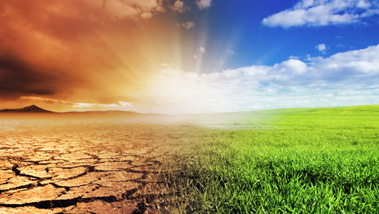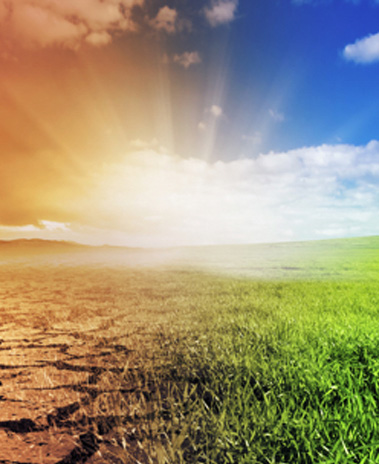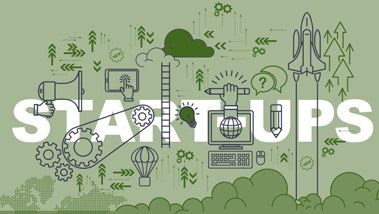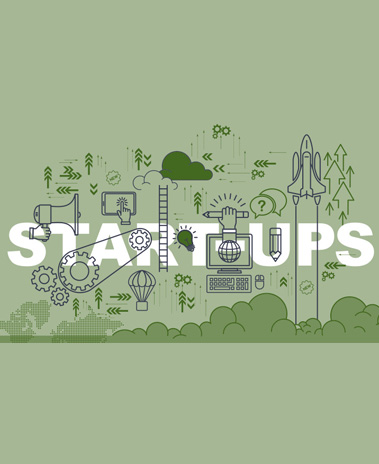#economy
We develop our business activities sustainable way. We are committed to the fight against climate change and a model of sustainable economy. All within our strategy framework of corporate social responsibility and compliance with tax regulations.
-
Sand is, after water, the most sought after natural resource. It is an essential component in the manufacture of electronic devices and glass, and it is also used in bulk in construction. Rapid population growth and the mass development of cities have turned this material into a scarce commodity and a very lucrative business has emerged in trading sand. The theft of sand is a real threat to the environment.
The COVID-19 pandemic is battering the global economy and forcing the “powers that be” to roll out short-term strategies to inject liquidity into markets, provide support for the unemployed and boost health systems with resources. Governments around the world are designing medium and long-term economic recovery programmes, and many legislators, organisations and companies are planning a green recovery.
-
In 2015, all the member states of the United Nations (UN) approved the 2030 Agenda for Sustainable Development - an action plan to help people and the planet, encompassing the 17 SDGs.
The circular economy entails a radical change in perspective by people and companies when it comes to dealing with the lack of resources, environmental impact, value creation, and employment.
-
The transition to a decarbonised economy is not only essential to halting climate change, but is also a driver of economic growth with the potential to create millions of green jobs. We are talking about jobs aimed directly at protecting the environment or which seek to minimise impact on the health of the planet.
-
Facebook Green jobs: the jobs of the future, good for you, for the environment and for the economy
-
Twitter Green jobs: the jobs of the future, good for you, for the environment and for the economy
-
Linkedin Green jobs: the jobs of the future, good for you, for the environment and for the economy
-
Whatsapp
Startups are emerging companies with a small but very agile and brilliant structure, the result of groundbreaking ideas with which entrepreneurs want to change the world. They have a scalable business model, adopting technology and innovation as the basis for their growth. The difference with respect to an SME lies not only in their capacity to innovate, but also in their flexibility to adapt to changes and in their customer focus.
-







